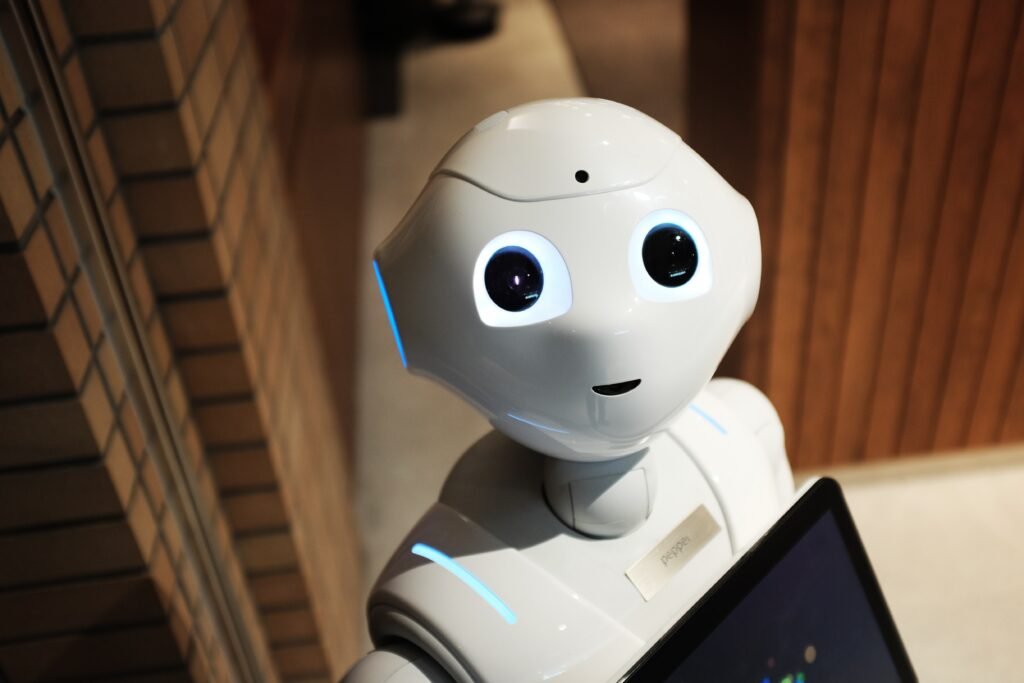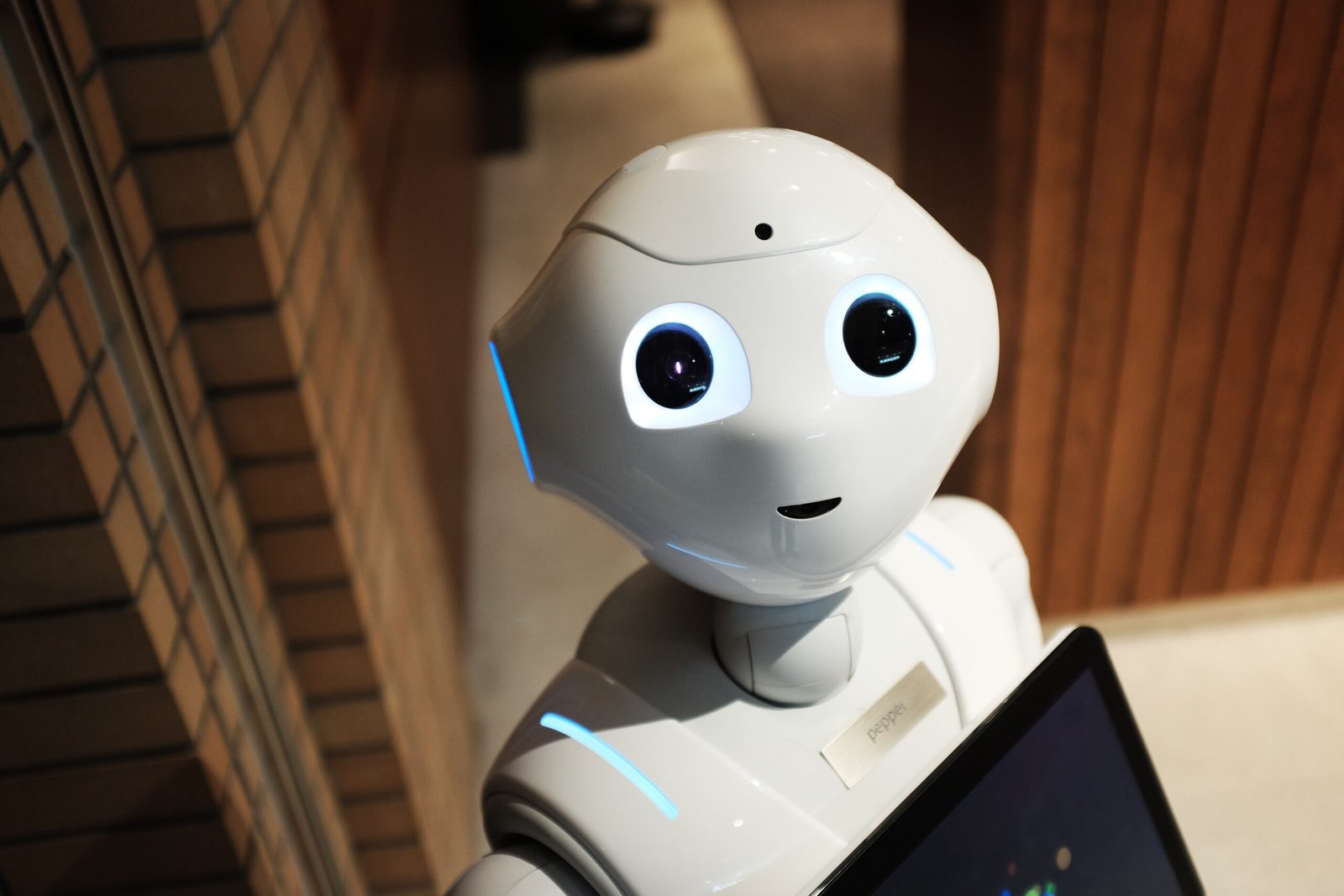Artificial Intelligence, or AI, has become a prominent topic in our modern world. From self-driving cars to virtual assistants, AI technologies have revolutionized various industries. In this article, we will explore some of the most fascinating AI technologies, including machine learning, natural language processing, and computer vision. Get ready to be amazed at how these advancements are shaping the future, enhancing efficiency, and transforming the way we interact with technology. So, buckle up and prepare to dive into the exciting world of artificial intelligence technologies.
Artificial Intelligence Technologies
Artificial Intelligence (AI) technologies are playing a significant role in shaping various industries and transforming the way we interact with machines. From natural language processing to virtual agents, AI technologies have been developed to mimic human intelligence and perform tasks that typically require human intervention. Let’s dive into some of the most notable AI technologies and explore their applications and benefits.

1. Natural Language Processing
Natural Language Processing (NLP) is a field of AI that focuses on enabling computers to understand, interpret, and generate human language. With NLP, machines can analyze and comprehend written or spoken language, allowing for advanced language translation, sentiment analysis, text summarization, and question answering systems. NLP has applications in virtual assistants, customer support chatbots, voice recognition systems, and much more. By enhancing communication between humans and machines, NLP has revolutionized the way we interact with technology.
2. Machine Learning
Machine Learning (ML) is a subset of AI that enables systems to learn and improve from experience without being explicitly programmed. ML algorithms discover patterns and make predictions and decisions based on input data, improving their performance over time. This technology has diverse applications, such as image recognition, fraud detection, recommendation systems, and speech recognition. Machine Learning algorithms are used extensively in industries like healthcare, finance, e-commerce, and self-driving vehicles.
3. Deep Learning
Deep Learning (DL) is a subset of ML that focuses on artificial neural networks, designed to simulate the way the human brain works. It involves training complex neural networks on massive amounts of data to enable machines to process information and make decisions. DL is particularly successful in tasks such as image and speech recognition, natural language processing, and autonomous driving. The advancements in DL have revolutionized many industries, including healthcare, finance, and manufacturing.
4. Computer Vision
Computer Vision (CV) is a field of AI that enables machines to extract information and understand the content of visual data, such as images and videos. CV algorithms can identify and classify objects, recognize faces, track movements, and even interpret emotions. This technology has numerous practical applications, ranging from surveillance and autonomous vehicles to healthcare and augmented reality. With computer vision, machines can “see” and comprehend the visual world, opening up a wealth of possibilities for various industries.

5. Robotics
Robotics is a domain that combines AI and engineering skills to design and develop intelligent machines capable of performing tasks autonomously. AI technologies, such as computer vision and machine learning, are crucial components of robotics, enabling robots to perceive their environment, learn from it, and make intelligent decisions. From industrial robots that automate manufacturing processes to social robots that assist humans, the field of robotics has made remarkable advancements, enhancing productivity and improving our daily lives.
6. Expert Systems
Expert Systems (ES) are AI technologies that replicate human expertise in a specific domain. They integrate knowledge and rules derived from experts and make them available for problem-solving and decision-making. ES can analyze complex data, diagnose medical conditions, recommend treatment options, and provide expert advice in various fields. By leveraging the knowledge and experience of human experts, expert systems provide reliable and consistent support that can improve accuracy and efficiency in critical decision-making processes.

7. Speech Recognition
Speech Recognition technology enables machines to convert spoken language into written text. It involves the development of algorithms that can identify and interpret spoken words, allowing for voice-activated systems and applications. Speech recognition has various applications, including voice assistants like Siri and Alexa, transcription services, and interactive voice response systems in customer support. This technology has transformed the way we interact with devices and has become an integral part of many daily activities.
8. Virtual Agents
Virtual Agents, also known as chatbots or conversational agents, are AI-powered systems designed to interact with users through natural language conversations. Virtual agents can understand user queries, provide relevant information, and even handle tasks and transactions. They are widely used in customer support, providing quick and efficient responses, saving time and resources for businesses. Virtual agents can be integrated into websites, messaging platforms, and voice assistants, creating personalized and interactive user experiences.
9. Neural Networks
Neural Networks (NN) are a foundational technology in the field of Artificial Intelligence. Inspired by the human brain’s structure, neural networks consist of interconnected nodes, or “neurons,” that process and transmit information. By training these networks on large datasets, they can learn complex patterns and relationships, enabling advanced tasks such as facial recognition, language translation, and speech synthesis. Neural networks are the backbone of many AI technologies, powering advancements in machine learning, computer vision, and natural language processing.
10. Genetic Algorithms
Genetic Algorithms (GA) are search-based optimization techniques inspired by the process of natural selection in biology. They are used to find optimal solutions to complex problems by simulating the process of evolution. Genetic algorithms are particularly useful in scenarios where traditional algorithms struggle to find an optimal solution. They have applications in engineering design, data mining, game theory, and financial modeling. By mimicking the evolutionary process, genetic algorithms help solve complex problems more efficiently and effectively.
In conclusion, Artificial Intelligence technologies encompass a wide range of fields and applications, revolutionizing various industries in the process. From Natural Language Processing and Machine Learning to Robotics and Expert Systems, AI technologies have the potential to improve efficiency, enhance decision-making, and create personalized user experiences. As these technologies continue to evolve, we will witness even more innovative applications in sectors such as healthcare, finance, transportation, and entertainment. Embracing and exploring the potential of Artificial Intelligence can undoubtedly lead to a future filled with intelligent machines that augment human capabilities and make our lives easier and more enjoyable.



